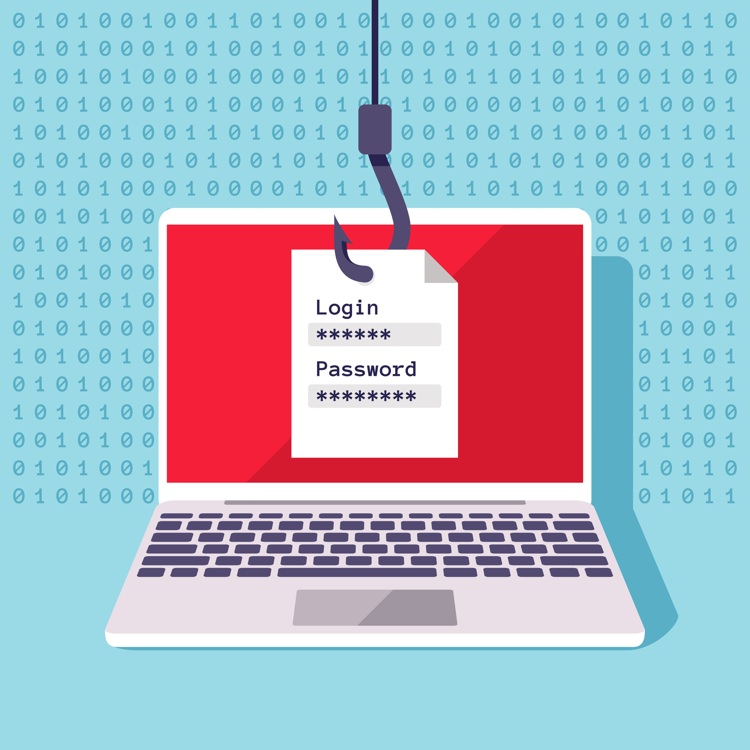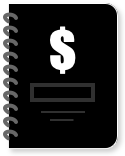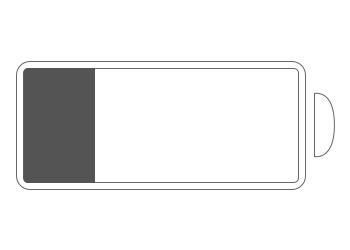Do make
your password long
Passwords used to be easy. Maybe they needed to be at least six characters. Then it was at least eight characters and one had to be capitalized. Then a "special character" or number had to be added. Today, passwords with numeric digits or symbols aren't necessarily more secure. Length is what inherently adds strength to a password. The ideal is anywhere between 16 to 20 characters and only gets stronger the longer you make it. Some experts claim that you should aim for 30 characters—secure, yes, but obviously much too long to memorize.
Don't make your password
a phrase or common word
Most of us know by now that the cardinal rule for password hygiene is a complicated set of letters and numbers. That your password should not be "password." Or your name or birthday. And that you should have separate passwords for every account. No matter how good you are at coming up with unique passwords and remembering them (and, of course, most of us aren't very good), today's computer algorithms are better at breaking them. That's why you want a long, strong and random password. And you should change it often. Which leads us to the next step ...
Do use a
password manager
According to the Pew Research Center, most Americans use memorization or pen and paper as their primary method of keeping track of their online passwords. Of course, security professionals recommend password management software as the best way to create and store complex passwords. "The typical alternatives to a password manager are using the same password everywhere or storing them in a spreadsheet," says Sandor Palfy, CTO of LastPass. "Some people may be hesitant to use a password manager because they're afraid of 'putting all their eggs in one basket,' but it is a very, very safe basket." In addition to LastPass, your browser might offer a password manager or other trusted cloud-based services include 1Password and Dashlane, which not only suggest and store secure passwords, but also provide breach alerts and monitoring systems.
Don't automatically trust the Wi-Fi
We're all for free, public Wi-Fi, especially when you're trying to work while traveling. But these networks are also notoriously insecure and nefarious types can easily exploit such flaws in order to monitor your activity and access your accounts. A more secure option, when you need to go online in public, is to use your phone and a cellular connection as a personal hotspot. You can also boost the security of your home Wi-Fi by resetting the factory password on your wireless router. According to the National Cyber Security Alliance, more than 40 percent of people fail to take this basic security measure.
Do keep
your tech updated
Getting those update reminders are a drag, we know, but downloading the latest version of your computer or phone operating system, browser and apps will ensure that you've got the most current security measures in place. And when entering information online, use secure sites only. Look for the "s" after the "http" in the Web address to confirm that a site is secure.


































